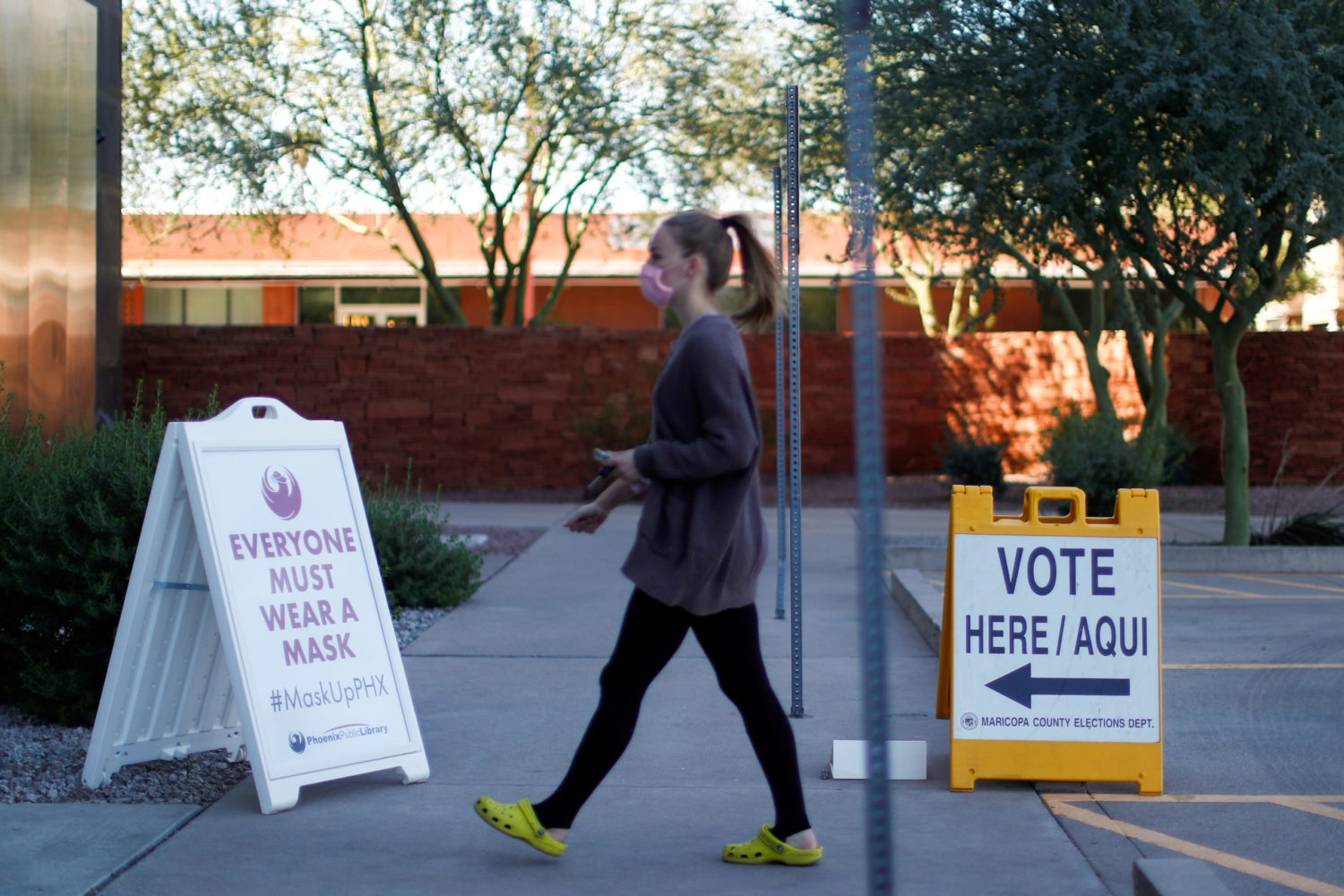
By Lawrence Hurley
WASHINGTON (Reuters) – U.S. Supreme Court justices on Wednesday appeared reluctant to give police unlimited power to enter a home without a warrant when pursuing a suspect for a minor crime in a case involving a California driver tailed by an officer after honking his horn while listening to music.
The driver, Arthur Lange, was later convicted of driving under the influence after being confronted inside his garage by California highway patrol officer Aaron Weikert in 2016. Lange is seeking to overturn his conviction by arguing that sobriety test evidence in the case was obtained by Weikert in violation of the U.S. Constitution’s Fourth Amendment ban on unreasonable searches and seizures.
The nine justices heard arguments in the case and are due to rule by the end of June. A broad decision finding that any police pursuit, whatever the nature of the suspected offense, justifies a warrantless entry appears unlikely based on comments by the justices.
“It seems ridiculous when your home isn’t your castle for terribly minor things,” liberal Justice Stephen Breyer said.
Conservative Chief Justice John Roberts raised the example of teenagers fleeing back to their homes after being caught drinking beer in a park as an example of a situation in which warrantless entry would be inappropriate.
“It doesn’t seem to be something that would warrant the officer, you know, breaking into the house,” Roberts said.
After observing Lange driving and honking his horn, Weikert began following him and intended to stop him for violating local noise restrictions, a minor infraction that carries small fines, but did not immediately turn on the police vehicle’s emergency lights, according to filings in the case.
Lange was already in his driveway when the officer caught up with him and activated his emergency lights. Weikert pulled into the driveway as Lange was driving his car into his garage. Lange later said he did not know the officer had been following him.
The garage door was just about to close when Weikert stuck his foot under the door, preventing it from shutting.
Weikert said he smelled alcohol and ordered Lange to take a sobriety test. Lange was found to be more than three times over the legal limit and was charged with driving under the influence (DUI) and a noise infraction.
Lower courts ruled against Lange, deeming the incident a “hot pursuit” that allowed a warrantless entry. The justices potentially could rule that the incident was not a “hot pursuit,” meaning a warrant would have been needed.
Conservative Justice Clarence Thomas referred to it as a “kind of meandering pursuit.”
Such a ruling still could allow police to enter houses without warrants in certain circumstances even if the underlying crime was a misdemeanor.
Lange pleaded no contest to the DUI offense and was sentenced to 30 days in jail and three years of probation.
The California Court of Appeals in 2019 upheld Lange’s conviction. Lange then asked the Supreme Court to rule that police officers cannot evade the warrant requirement when chasing someone to their home when the underlying conduct constitutes a misdemeanor offense.
Under Supreme Court precedent, officers can enter a home without a warrant when they are in pursuit of a suspected felon.
The issue of police powers has been in the spotlight particularly during protests in many cities last year against police brutality and racism. A broad ruling in favor of police could further expand their powers by widening their ability to enter homes without a warrant after pursuing people suspected of misdemeanor offenses, not just felonies.
(Reporting by Lawrence Hurley; Editing by Will Dunham)











